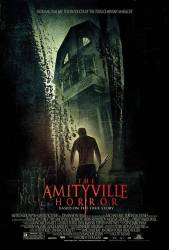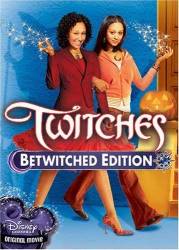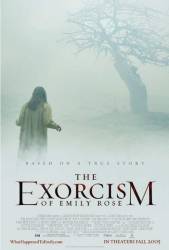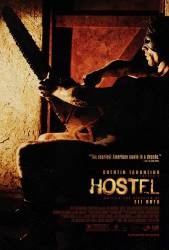
Character mistake: When Lisa is taken to the hospital, she tells Kathy that she saw the ghost of Jodie DeFeo. The name of both of the DeFeo's daughters wasn't Jodie. Their names were Dawn and Allison. Jodie was the name of a demonic pig that the Lutz's daughter Missy had befriended.
Suggested correction: While this is true in the original novel, the writers chose to change it to the DeFeo's daughter's name in the movie. Creative license doesn't count as a mistake.
Except that this is based on the real-life incident of the DeFeo family. This entry is not applied to the novel.

Character mistake: In the beginning when Karsh and Ileana take the twins Karsh says he'll take Apolla and Ileana says she will take Aretmis but Karsh has the twin with the moon amulet which is Alex, who is supposed to be Artemis and Ileana has the twin who has the sun amulet which is Camryn, who is supposed to be Apolla. (00:00:50)

Character mistake: When Ethan Thomas objects to Dr. Adanie's testimony, he does so on the grounds of "silliness." Silliness does not fall under the federal rules of evidence, and any lawyer worth their salt would know this.
Suggested correction: During the Manson trial in real life, the prosecutor objected to a completely pointless question the defense asked a witness on the grounds of being ridiculous. The judge agreed and sustained the question. In his book Helter Skelter, Bugliosi even acknowledges there's no such rule, but the judge sided with him. The prosecutor in this film is grasping at straws, since nothing that would fall under the rules of evidence would apply to his objecting to her scientific testimony.
Not true, he can object on the grounds of relevance. The YouTube channel Legal Eagle, which is run by an actual lawyer, even stated so. The same logic applies to the Manson trial. If a lawyer feels that a question is ridiculous, they can object on the grounds of relevance.
In a case involving demonic possession as a central aspect of the defense, there's no way relevance could be grounds to object to her testimony. Her testimony dealt with possession from a scientific point of view, but he objected because it was for the defense. The judge in the film even allowed her testimony stating that they'd heard a lot of scientific evidence supporting the prosecution's case and it was fair to hear from an 'exorcism expert'.
As for the Manson case, try reading the book written by the prosecutor. It even states in the transcripts that he objected on the grounds of a question being ridiculous (even if, in the end, it would actually be relevance).
Just because a lawyer in real life was able to successfully object on the grounds of ridiculousness doesn't mean it would suddenly become a good practice. That would be like saying basketball players should just wantonly heave half court shots, because sometimes they go in. The premise of your suggested correction was also that the lawyer had no legal grounds to object on, and that is objectively false. As I mentioned, the lawyer behind the LegalEagle YouTube channel even said otherwise.

Character mistake: When the main character follows the Dutch businessman down the stairs (the same scene the girl with the white jacket and white bag walks downstairs before we see her walking up the stairs) there is a commercial which reads "JETZT AUCH AM DVD" which is wrong and should be "JETZT AUCH AUF DVD." (01:22:45)